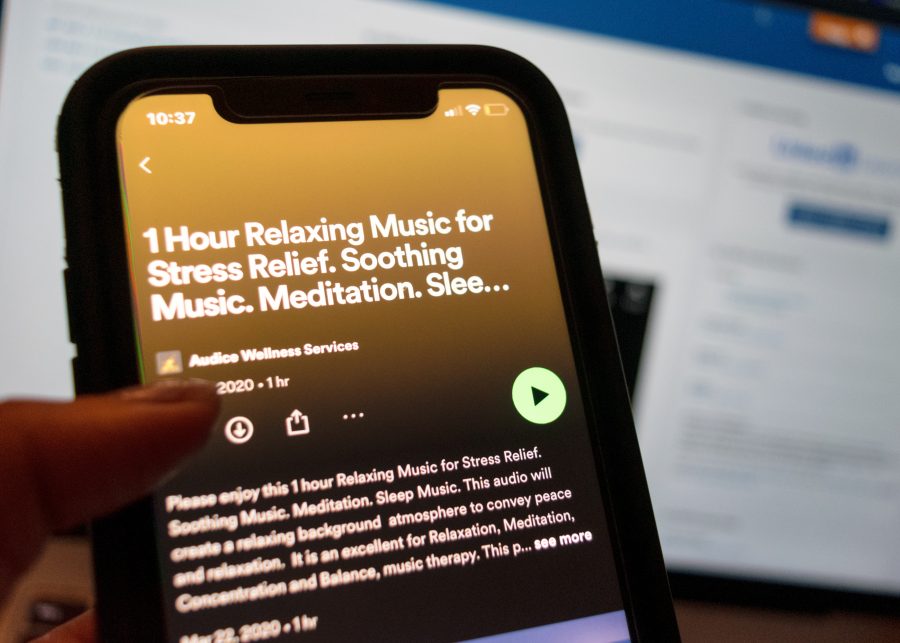From dealing with COVID-19, mounting responsibilities and day to day life, methods of how to deal with stress are old news. At this point, taking a walk, listening to music or talking with a friend might not cut it when dealing with stress, especially with the events between Ukraine and Russia. You might be wondering, how can I reduce stress about things that aren’t changing for the better? I’m here to share some things I’ve found helpful.
We all want to know what’s going on, but sometimes the news feels too overwhelming. To avoid the constant questioning of sources and confusion of not knowing who to listen to, head to unbiased news sources. Make sure to read the news from unbiased websites, like BBC, PBS, NPR, CNN or the Guardian. Not only will this cut out confusion, but it’ll also avoid controversy and rumors. The less time you have to spend navigating what’s actually going on, the better.
The news never stops, which makes creating boundaries even more important. It’s easy to be consumed by the news, especially when world events could define what the future holds and when it impacts so many people, maybe even people we know and love. Social media and news notifications give us a constant influx of information, which can lead to increased stress and the inability to concentrate on daily tasks. To help with this, turn off notifications for any news sources and set a designated time to check the news. This will help keep you from checking the news right after you wake up or when you should be finishing a paper. With these boundaries, you’ll still be knowledgeable, but you’ll be in control.
While staying informed helps us be good global citizens, being an ocean and continent away can increase the feeling of helplessness. To help, you can donate and sign petitions. It may seem small, but these can make a big difference. Even if it’s the price of a slice of Sal’s pizza, a donation can go a long way. Some great organizations to check out are the Voices of Children, UNICEF and the International Rescue Committee. If donating isn’t an option or you want to do more, Change.org and MoveOn.org are great websites where you can find various petitions to sign. They also have an option after you sign to put the link on social media or send it to friends. You’ll be using your voice and encouraging others to do the same.
Even after taking actions to create boundaries, donate and sign petitions, life can still feel heavy. Taking out a journal and writing down everything on your mind and heart can help put your feelings into words and help visualize what’s weighing on you. Those thoughts and feelings might not go away, but you have space to feel them. When these feelings start to feel all encompassing, on the same page, I like to write a list of things I’m grateful for. It reminds me that while the world feels dark and unsure, there are also things worth celebrating and enjoying. It can be easy to become glued to our phones, wondering how we can help, but taking time to do something you enjoy can help decrease anxiety too, like reading, listening to music or drawing.
World events are never easy to navigate, and when it negatively affects so many people, it can feel incredibly overwhelming. Try these tips to deal with stress and see how it might help your daily outlook and concentration.

